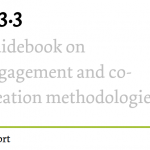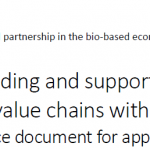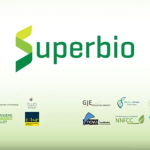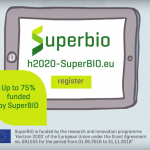Environmental Sustainability Assessment of Bioeconomy Products and Processes
This document provides an overview of the structure and content of the product and process environmental factsheets available on the Bioeconomy Observatory web pages. These factsheets are divided into three groups that reflect the three pillars of the bioeconomy: (1) food & feed, (2) industrial bioproducts and (3) bioenergy. Compiled based on publicly available data/information collected from studies using life cycle assessment (LCA), they describe different bioeconomy value chains and their environmental performance.




